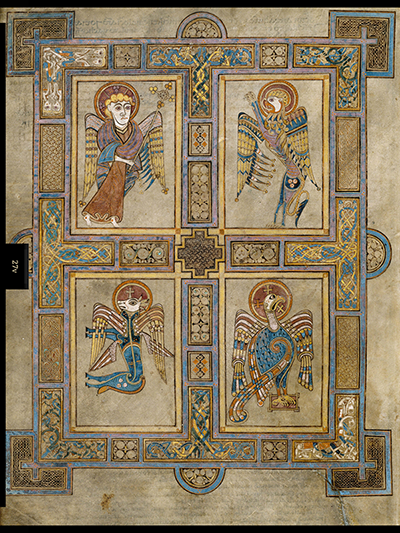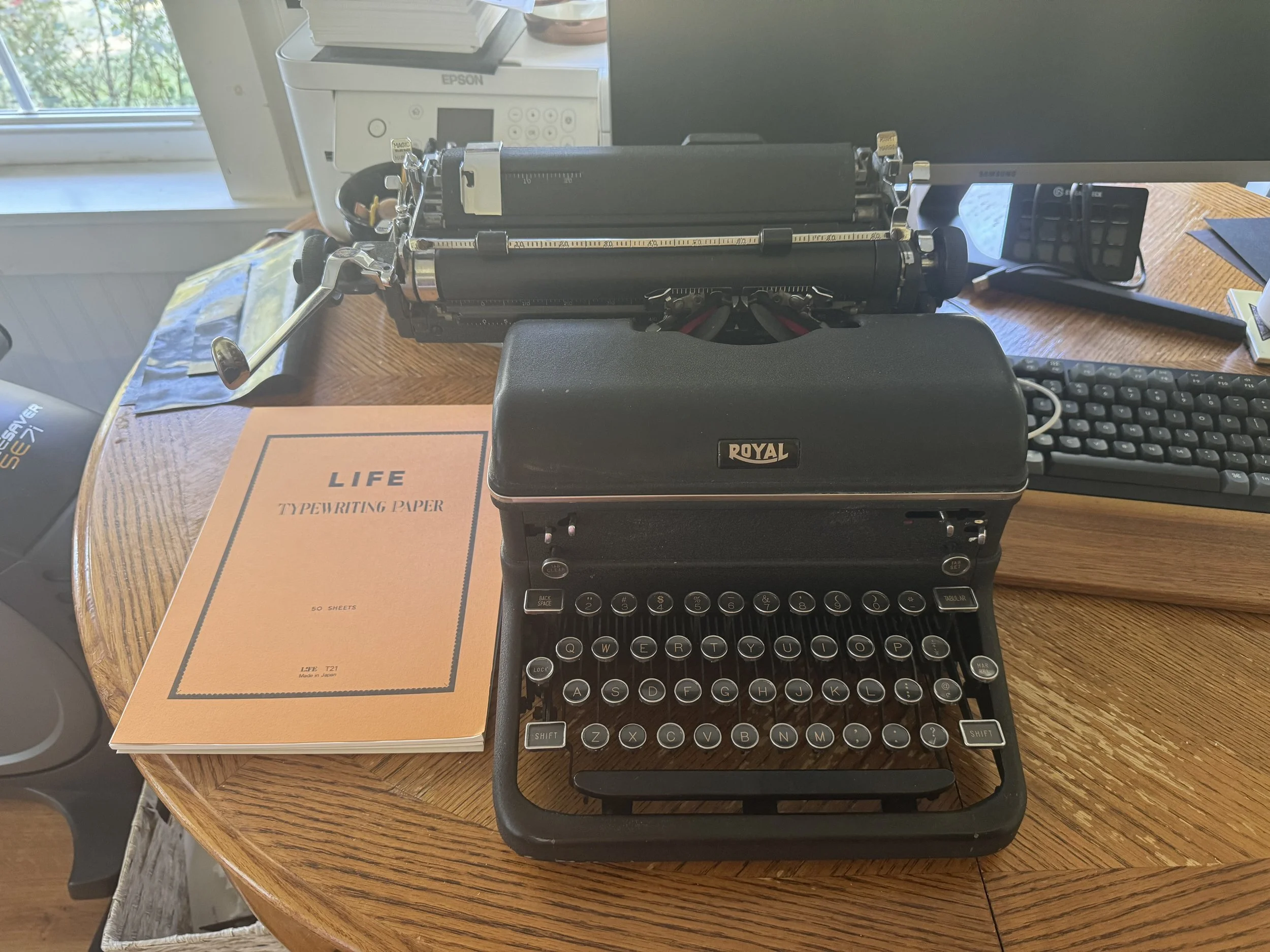I have been horrible at keeping silence lately. It’s probably one of the reasons why I slipped down into the desolate hole I’ve been swimming in this summer. But I know God is swimming there with me in the murky water. And I’ll come out stronger after this trial. Struggling with silence doesn’t necessarily mean I talk a lot. As I began struggling, I bombarded my senses with Google searches, determined to find a solution to my problems. But all I found was more desolation and worst-case scenarios.
Looking back, I know I should have paid attention to what was in front of me (making doctor appointments) and waited in silence in the meantime, letting God give me strength and wisdom. But like the stubborn person I am, I wanted to use my own will to hack my way into a healthy future. But that mindset always leads to a crash. God didn’t cause the crash to happen, but he allowed me to learn a difficult lesson.
My experience is one drop in an ocean of overstimulated internet users determined to doom-scroll their way to a hopeless future. But that’s not how we’re wired. Before the Web 2.0 phenomenon, we lived with more boundaries. I’m only going back to Web 2.0, because life was still vastly different when the internet was ported through a 56k modem. As someone born in 1989, I feel like I uniquely have one foot planted in the old ways and another foot in the new. I remember the natural boundaries set by limitations of our technology.
Our bodies and souls long for silence. We think we can find peace and consolation in the noise, as I did, but God is nowhere to be found in that space. Most of the time, the noise you hear is filled with anger, anxiety, and fear. It’s full of opinions that most of the time don’t apply to you. And if they do, you shouldn’t pay attention to them most of the time. The external stimulus can then overstimulate your soul to where it’s constantly agitated, continually questioning who you are, what you need to do, why you’re in the situation you’re in, and on and on and on. Once you get to that point, your ability to hear the voice of Love itself diminishes.
“In order to hear the voice of God, one has to have silence in one’s soul to keep silence; not a gloomy silence, but an interior silence; that is to say, recollection in God. One can speak little and be constantly breaking silence.” -St. Faustina
The noise in your soul will then affect your thoughts and actions in life, as it becomes more difficult to discern what choices you need to make in the present moment.
“We need to find God, and he cannot be found in noise and restlessness. God is the friend of silence. See how nature - trees, flowers, grass- grows in silence; see the stars, the moon and the sun, how they move in silence...we need silence to be able to touch souls.” -St. John Paul II
Popular typewriter YouTuber Joe Van Cleave ended his recent video with the observation that we now have an abundance of tools to create and write, but now we are struggling with the lack of mental space to sit down and produce. As a writer in the 21st-century, I agree with his statement. The issue is not finding ways to produce, but creating boundaries to free up space in our minds to write what is on our heart. Being a writer, even when you know deep in your heart that it’s a vocation that you bear responsibly to carry out, is a difficult job that taxes your mind and body. You write because there’s no means of escape for the thoughts in your soul. It’s embedded in you and must come out. But you have to recognize the truth of yourself before you can write. And it’s much easier to distract yourself from than confront that truth. The tools we use to write are also the tools we use to distract ourselves from the uncomfortable truths inside of us. We have the enormous responsibility of disciplining ourselves against the enormity of information and distractions that bombard us in a way no other generation has had to deal with before.
This is part of the reason why I love typewriters and pen and paper. You have no means of escape to confront what is in front of you. You must write. You must look into yourself to discover how you fill up the page. Because the page must be filled. And you can edit later. But you can’t edit on command like you can with modern technology. You must contemplate what you want to say, and have the courage to pound it onto the page, knowing it’s staying there. Then you can contemplate your words again and ask yourself how it can be edited. And you can’t click to the next tab, because no digital metaphors of entertainment exist in these tools. Of course you can look at your phone, but as you do, the tools are still there staring at you, waiting for you to complete your task. This discipline strengthens your ability to be a writer.
So what do we do about this? How do we create boundaries to fulfill our calls? After this season, I will have to ask myself some hard questions about how I use tools in my daily life. I have prided myself on asking myself these questions for the past several years, especially during the pandemic, but I am human like everyone else and can slip into the portal of endless noise that rattles my soul. My soul and mind faltered. Pride comes before the fall. But I am overcoming even stronger than before.

